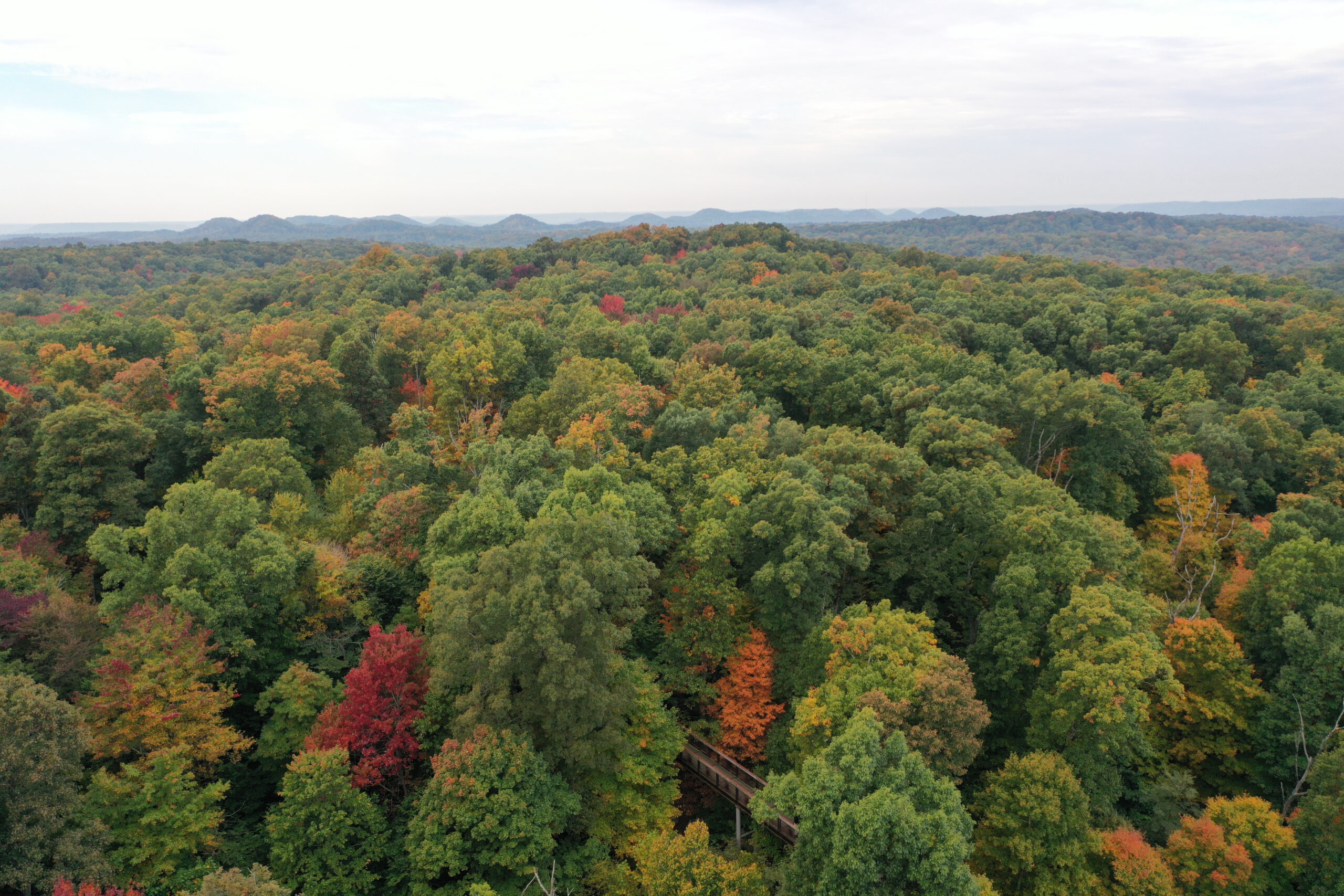

Conserving our Ecosystem
Research & Science
Forest Under Threat
Bernheim Forest and conservation lands are threatened by a proposed LG&E gas pipeline that would cut through the forest. Learn how you can help protect Bernheim Forest and surrounding lands.
Horticulture
With a long history of growing plants and creating beautiful landscapes, Bernheim’s horticulture legacy continues to thrive in over 600 acres of arboretum collections and landscapes as well as beyond our borders.
Water Conservation
Throughout Bernheim’s 16,000+ acres streams, springs, wetlands, and lakes flow. These hydrous habitats support a wide array of wildlife and help provide clean water for surrounding communities. Bernheim actively protects our ground and surface water while reminding humans of the ever-increasing importance of water conservation.
Research Projects
At Bernheim, we partner with scientists and researchers around the nation on ecology management practices and exploring the rich biodiversity of our natural areas. From assessments to monitoring, our research focuses on many species that call Bernheim home, particularly our beloved Golden Eagles.
